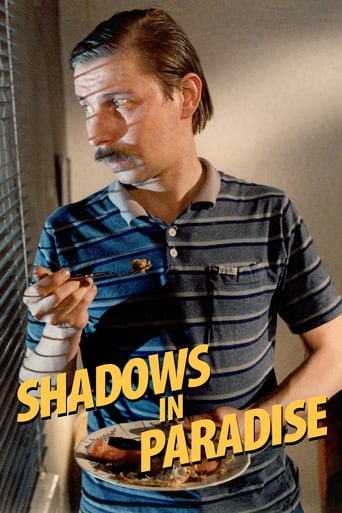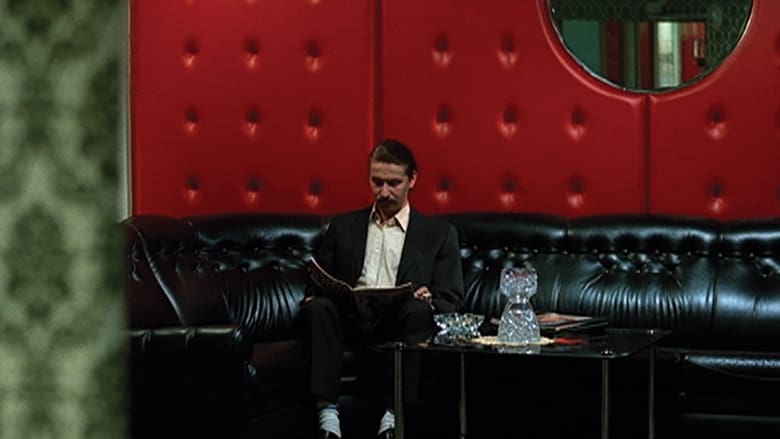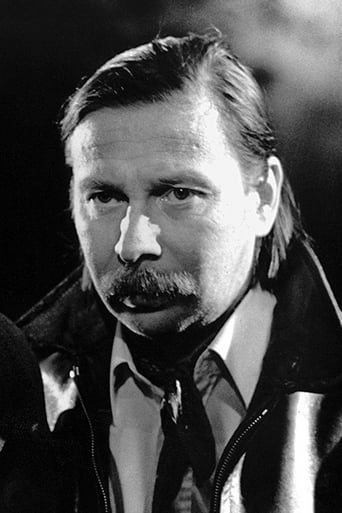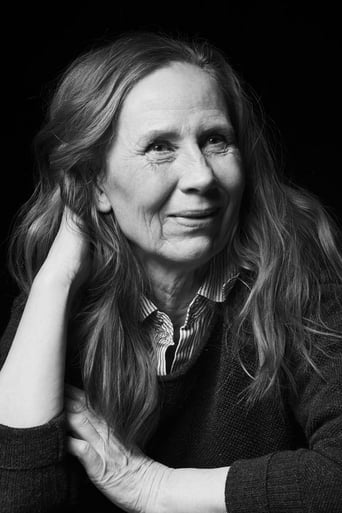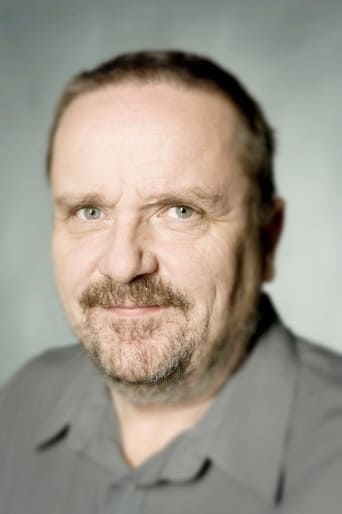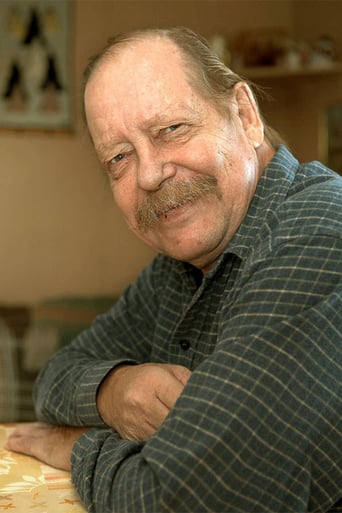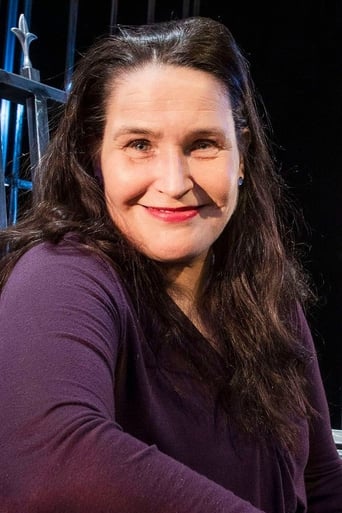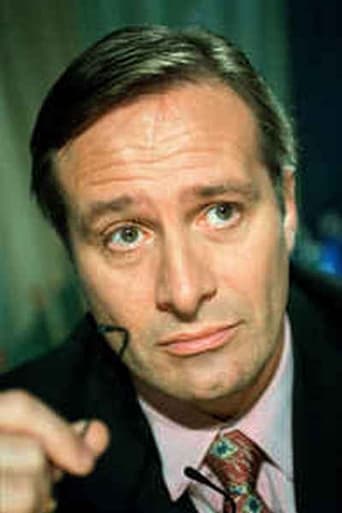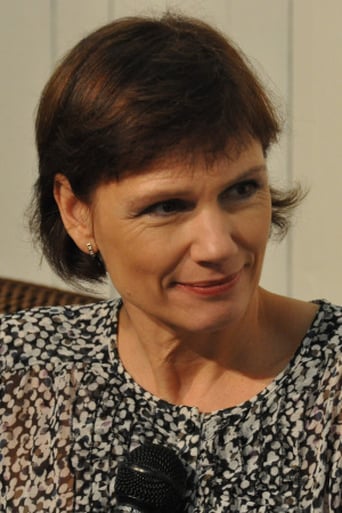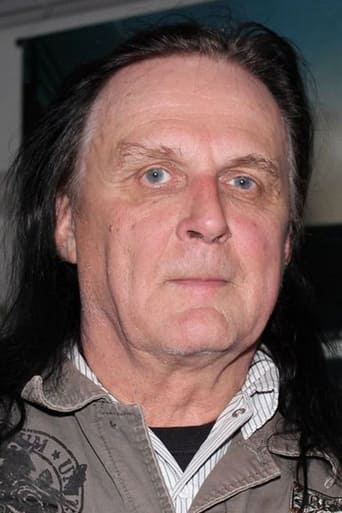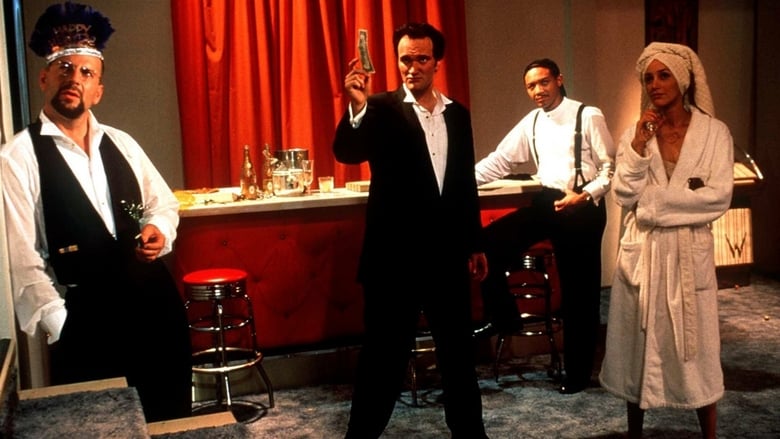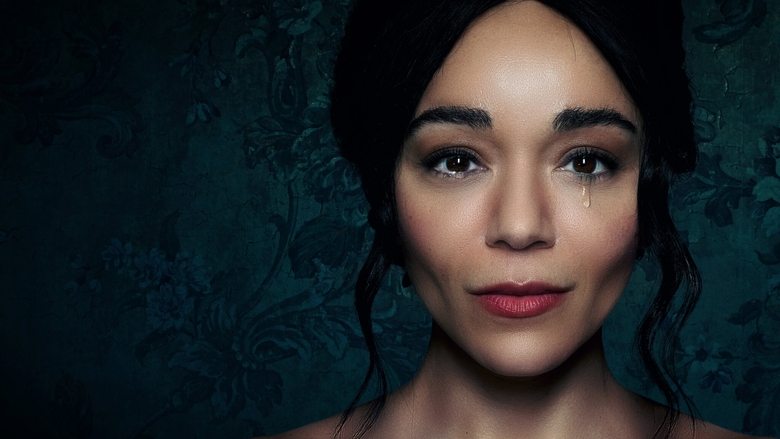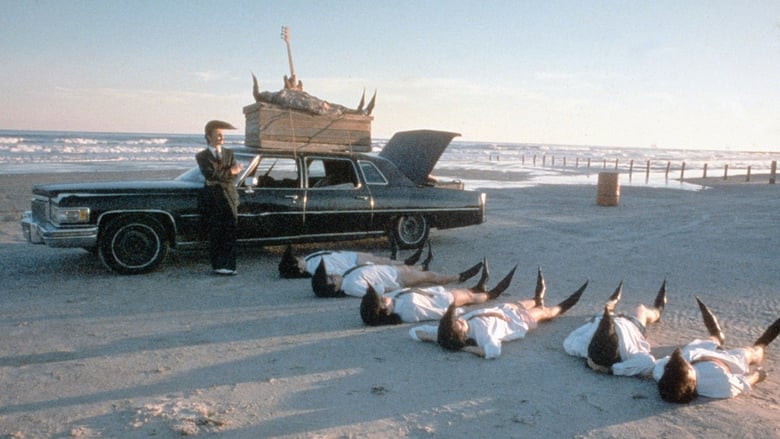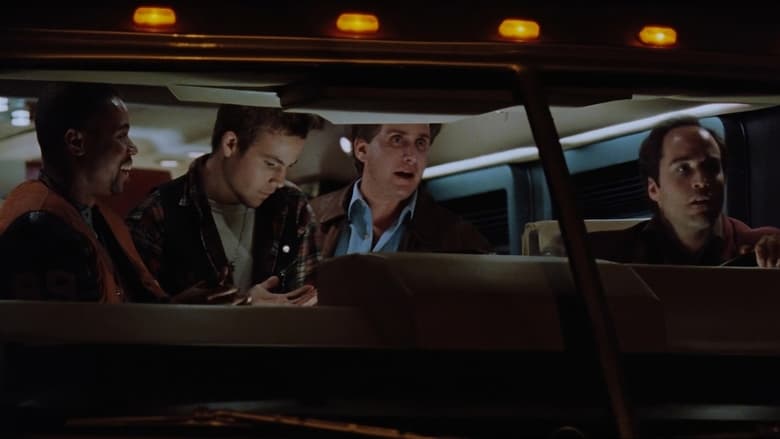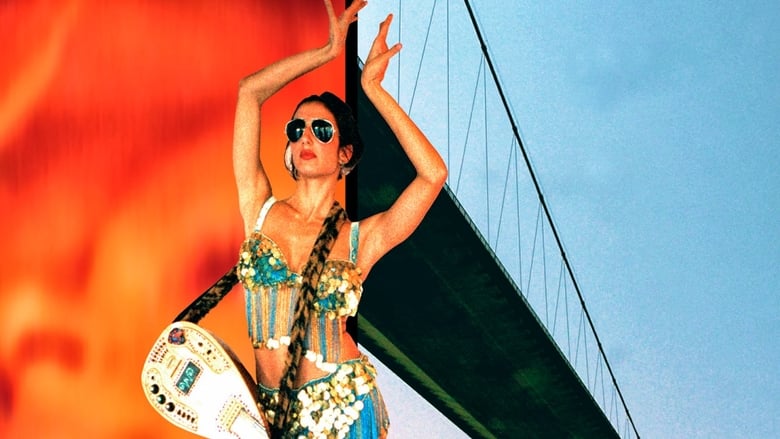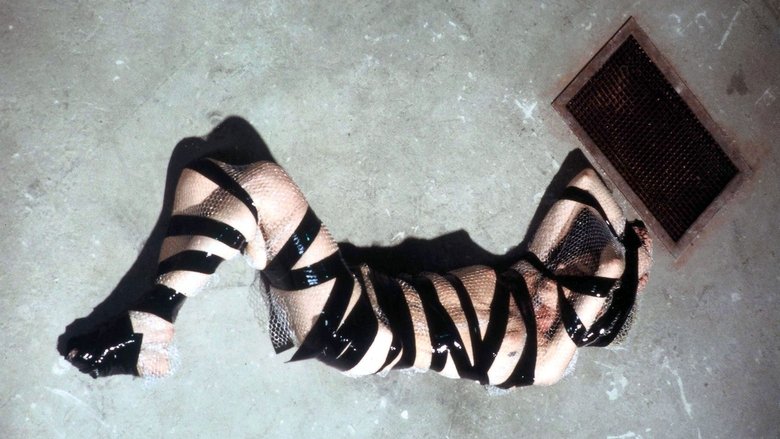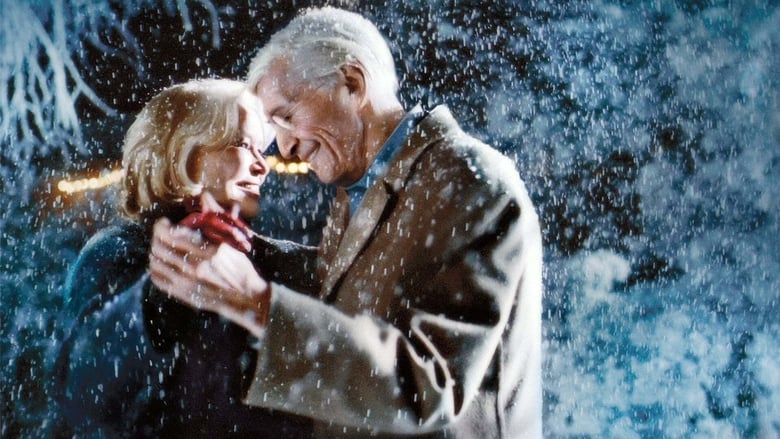Nikander, a rubbish collector and would-be entrepreneur, finds his plans for success dashed when his business associate dies. One evening, he meets Ilona, a down-on-her-luck cashier, in a local supermarket. Falteringly, a bond begins to develop between them.


Similar titles
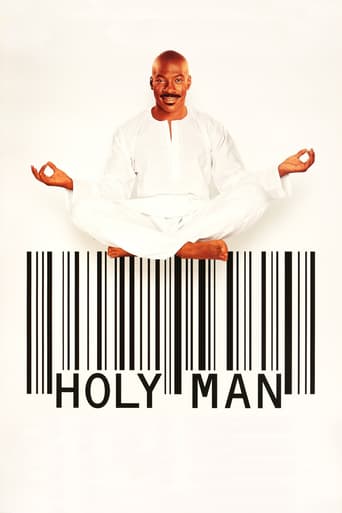

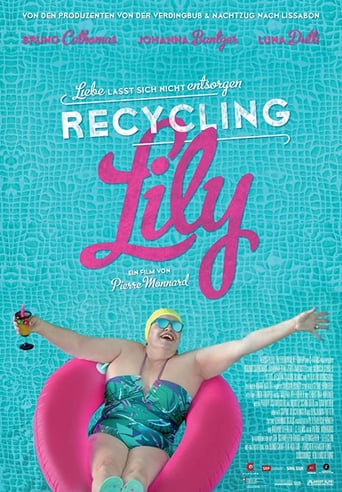
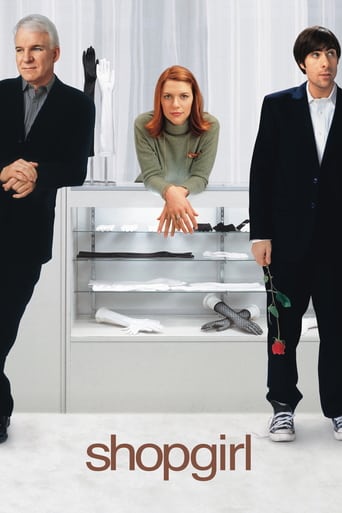
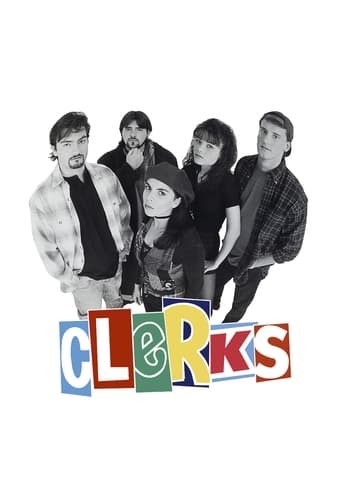
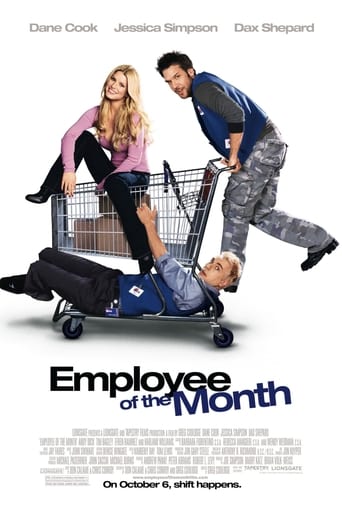
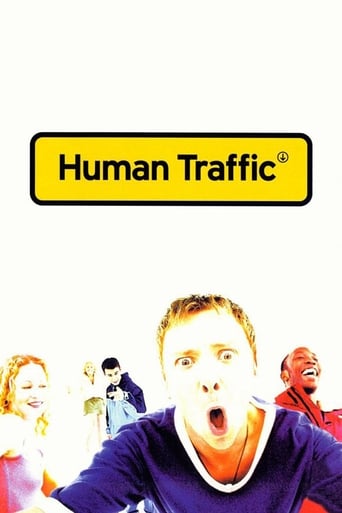
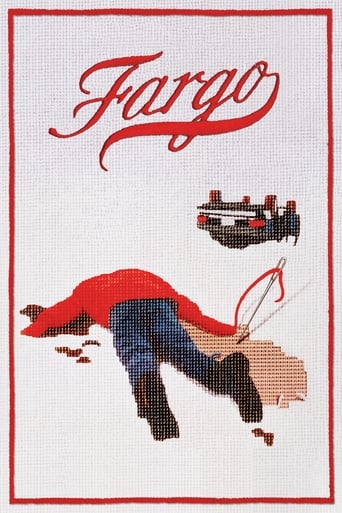

Reviews
A minimalist expressive style from the perspective of a municipal garbage collection man of limited means and victories; Almost felt like an older counterpart of Wes Anderson's classic storytelling style ("The Darjeeling Limited", "The Grand Budapest Hotel"). As people, we expect something livid and visibly bad even in an seemingly alright world though, what lies 'within' could be more defying than external stuffs."Why do I keep losing?", asked Nikander. And, answered his friend, " Maybe you aren't trying to win."Stoic, simple... A little too bland from present standards, and yet a curious account of the lives that 'should' matter even when they seemingly don't.
This movie was simply awful. The fact that it's a low budget film, and that it apparently uses non professional actors is no excuse. The lead man, who is a garbage man, is all over the place, and can never make up his mind about anything. His expression also never changes. The woman is pretty much the same: dull as all hell.These people not only have nothing in common with one another, but probably don't have anything in common with any other human being on the planet. To be honest, I don't think this movie deserves any stars at all (I wanted to leave it a 0 out of 10 rating, but the least I can give is 1, so there you have it).No movie that was less than 75 minutes has ever felt so long to me. I'd rather watch any four-hour long epic than this piece of crap again. This is simply unwatchable.
There's an almost silent film like quality to much of Kaurismäki's work, with that notion of a cinema of images that works without the extraneous use of dialogue or the broader notions of exposition. What this results in is a style of film-making in which the most simple of images tells a story. Simplicity is essentially the key to this film; not simply within the set up, in which a bin man begins a furtive relationship with a supermarket checkout girl, but in the presentation of the film itself. Some critics have used worlds like minimalist or unassuming when discussing the films of Kaurismäki, and in particular, his early trilogy of films, of which Shadows in Paradise (1986) would be the first, but to me, it's more about simplification; stripping away all the usual narrative window-dressing and over complicated presentation of technique to get to the very centre of the story and the heart of these characters.This was Kaurismäki's third film as a director, though at times you could argue that it feels more like his first. His actual debut came with Crime and Punishment (1983), a typically straight-faced adaptation of the classic Dostoevsky novel, with the more obvious Kaurismäki touches at this point still being in the somewhat embryonic stages. This was followed by the oddly surreal and coolly episodic Calamari Union (1985), a bizarre black and white comedy that drew on the influence of Bertrand Blier's Buffet Froid (1979) to tell the story of fifteen men - fourteen of them named Frank Merciless, and an idiot man-child named Pekka - who leave behind the hopeless working class district of Eira and quest to the near-mythical suburb of Kallio. These films are somewhat ambitious, both in terms of their narrative scope and the technical presentation, suggesting the work of a filmmaker already fairly confident about what cinema is and what his cinema should accomplish. In comparison, Shadows in Paradise seems content to tell an honest story about small, everyday characters in such a way as to not draw too much attention to itself.There's nothing wrong with that. There is a pure art to the presentation of subtlety - something that Kaurismäki is well aware of - and although I tend to prefer his more inventive and idiosyncratic films, such as the aforementioned Calamari Union, as well as the far greater films like Hamlet Goes Business (1987), Ariel (1988) and The Man Without a Past (2003), there is something quite commendable about a film that attempts to work on such a honest and simple level. The relationship between the characters here is something most of us can identify with, as the odd relationship between Nikander and Ilona propels the story, which is further grounded by Nikander's friendships with his co-workers, Esko and Melartin. As even with Kaurismäki the film works as a result of the perfect casting, with Matti Pellonpää, Kati Outinen, Sakari Kuosmanen and Esko Nikkari, all regulars of the director's work, managing to give so much information about the lives of these characters with gestures so small and exchanges so subtle as to be completely lost on a less attentive audience.For me, Shadows in Paradise isn't the greatest of Kaurismäki's films, or indeed, the best place to start. However, it does show hints of the style that would be further developed, not least in the two films that would continue and close this loose, thematic trilogy, Ariel and The Match Factory Girl (1990), but in far more ambitious and imaginative projects like Leningrad Cowboys Go America (1989), Drifting Clouds (1994) and Lights in the Dusk (2006). That said, Shadows in Paradise does offer the usual high quality of performance and direction, with the typical Kaurismäki approach to low-key production design and warm cinematography. If you're already familiar with the director's later films then Shadows in Paradise is certainly worth seeking out, if only for the chance to see the formation of that unique style and the soon to be recognisable approach to character and narrative.
The foremost question is where there is here a paradise. Usually, the 30 - 40 years old Finnish men in Kaurismäki's movies look around 5o. They work hard, some of them night shift, in their scarce leisure time they sit in some bar drinking vodka and sometimes picking up a girl for a night or two. From Kaurismäki's movies, it seems that every man does do that, so that the patterns are also known to the women and therefore there is no need for further explanation. This is called Kaurismäki's minimalist style, and not seldom it leads to quite unexpected humor.Nikander (lit. "Victory-Man"), the protagonist of "Shadows in Paradise", is one of these losers, but with the exception that he wants to change his situation and thus had started to learn English early. Together with his older colleague, he plans to open his own business. One day, his colleague is killed during work by a sadden heart attack. Nikander meets shortly after the pretty Ilona one of whose specialties is loosing her jobs. Now they start an in- and out-relationship. Ilona comes back to Nikander whenever she is in trouble, this time she stole a cash box filled with money from the supermarket that gave her the notice because the director's daughter needed a position and an apartment.Marriage is always considered an arrangement amongst losers in Kaurismäki's movies. In "Ariel" (1988), Kasurinen and Irmeli just have two vacancies. In "Lights in the Dusk", the very beautiful Mirja, entering an almost completely empty restaurant, and sitting down at Koistinen's table, starts to speak very personally to him. When he tells her, they could now leave for a bar, then sleep together and afterward getting married, the two faces show no reaction. Is Paradise the reign or the absence of all bother, then paradise must mean, in Kaurismäkis movies the absence of any light that comes into the darkness of these losers, since this light could bring them down to a dark path.
